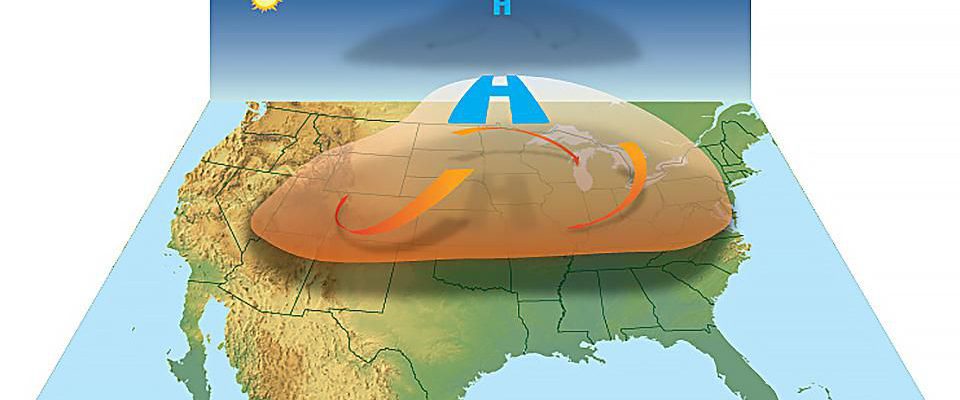Climate science
-

Which came first, the warmer temperatures or the increased carbon dioxide in the atmosphere? This has been one of the perplexing questions in studies of past climate. A new study was released last week which shows that the changes in carbon dioxide in past ice ages was due to a combination of colder sea surface…
-

Smithsonian.com has an interesting article on the high temperature records that are being set in Alaska. You might think things have been hot here in the Southeast, but the Arctic is being much more affected by rising temperatures due to feedbacks with ice cover and melting of permafrost, which releases greenhouse gases to the atmosphere.…
-

The journal Nature posted a story this week provides maps which compare the present Köppen-Geiger climate classification to what is expected in the time period from 2071-2100. The Köppen-Geiger classification is based on a combination of number of months above certain temperature thresholds and how much precipitation a location gets. Changes in the Southeast are…
-

Very few people dispute that the earth’s climate is changing, and most also admit that the changes are due to human influences like adding carbon dioxide, methane and other gases to the atmosphere (along with other man-made changes due to land use like urbanization and natural changes due to oceans, solar radiation, and volcanic activity).…
-

My colleague Dr. Marshall Shepherd of UGA has posted a good article describing the heat wave we are expecting in the Southeast over the next few days, including what is causing it and how it may break records for high temperatures at many locations. You can read it at Forbes.com here. Make sure you are…
-

Of all of the atmospheric patterns that affect us here in the Southeast, the one that makes the most statistically predictable impacts on our climate is the El Niño-Southern Oscillation. When an El Niño is forecast to occur, we know with a fair degree of confidence what kind of climate to expect while it is…
-

One criticism of the trend in rising temperatures put forth by skeptics is that recent temperatures are being pushed up by growing cities, which tend to be warmer than the surrounding countryside. Even in my hometown of Athens GA you can see temperature differences of up to 10 degrees F from downtown to the rural…